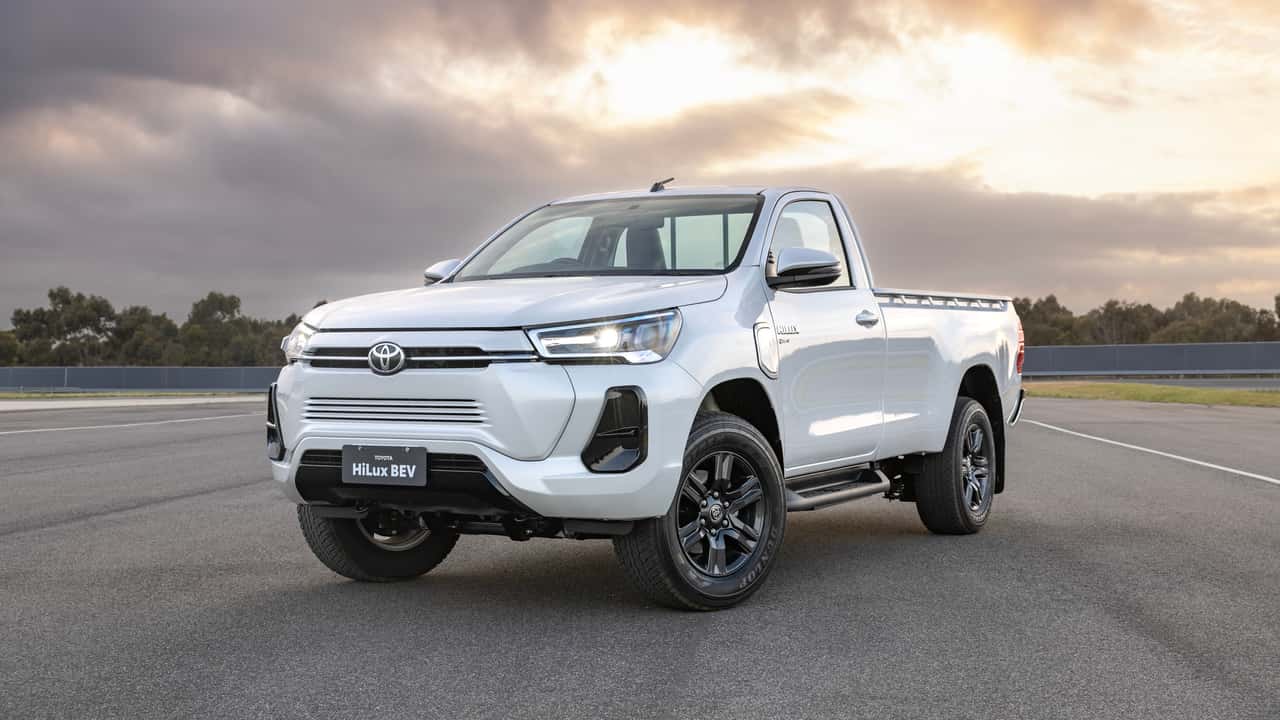Toyota has showed a whole bunch of EV concepts over the past two years, but the reality is its showrooms desperately need more electric cars. The automaker only sells a handful of battery-electric vehicles globally at the moment: the bZ4X SUV, the China-exclusive bZ3 sedan, and the Lexus RZ and UX 300e. But a fifth one will soon be added to the list of production Toyota EVs, but only in Thailand and only in limited numbers: an all-electric pickup truck.
The automaker said it will soon start a trial with the new EV in Thailand, a market where pickup trucks make up almost half of total vehicle sales. Pras Ganesh, executive vice president of Toyota Daihatsu Engineering & Manufacturing, told Reuters that engineers are working on adapting Toyota electric pickups to local conditions. According to Ganesh, a small batch of battery-electric pickups will be deployed as taxis in the city of Pattaya in early 2024.
“We will first start looking at public transit,” Ganesh told Reuters. Toyota is also considering testing other EV pickups for deployments including last-mile delivery services, he added. The company is also building up EV R&D capacity in Thailand, which is one of Toyota’s five global R&D centers.
Gallery: Toyota Hilux Revo BEV

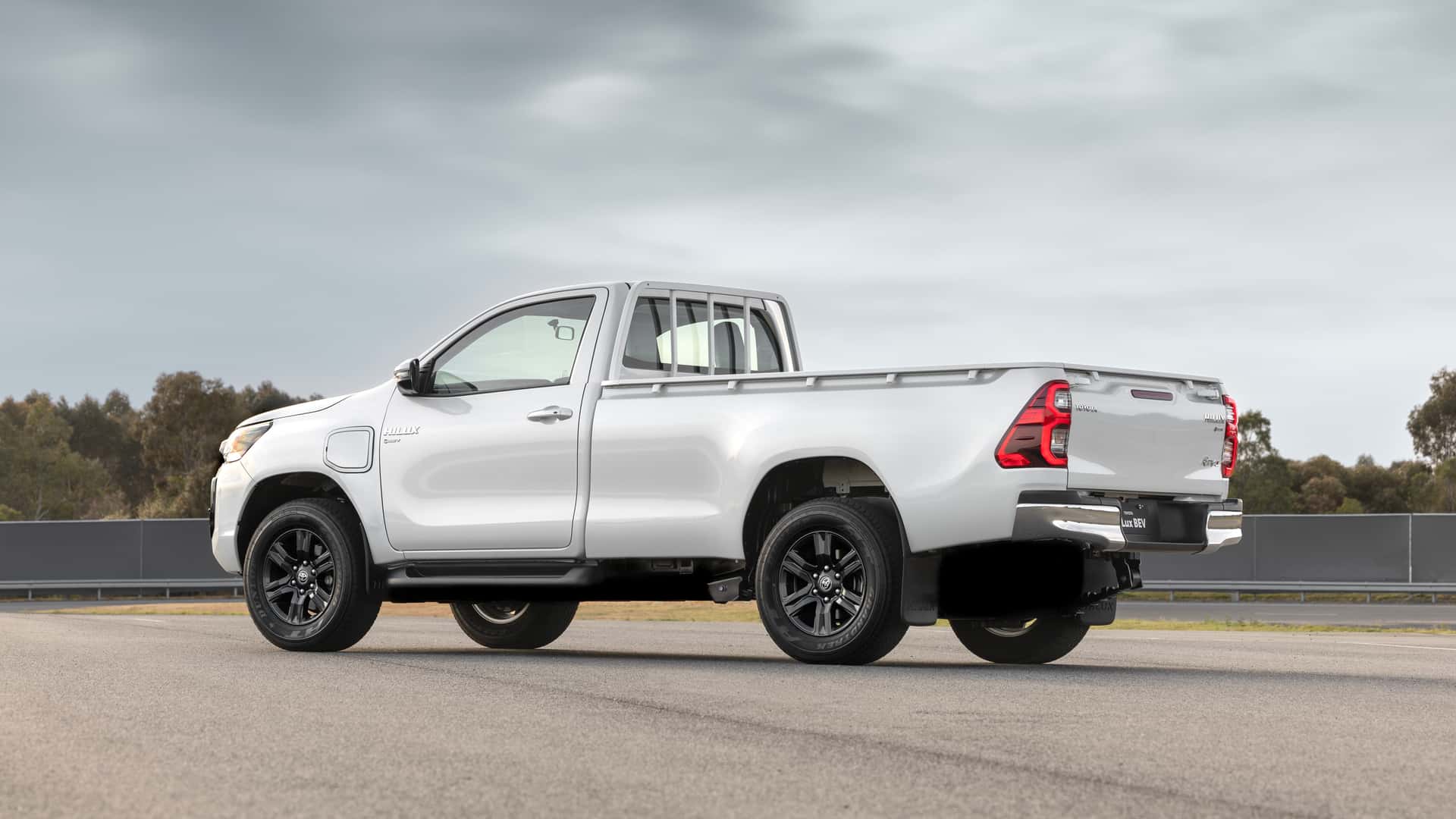
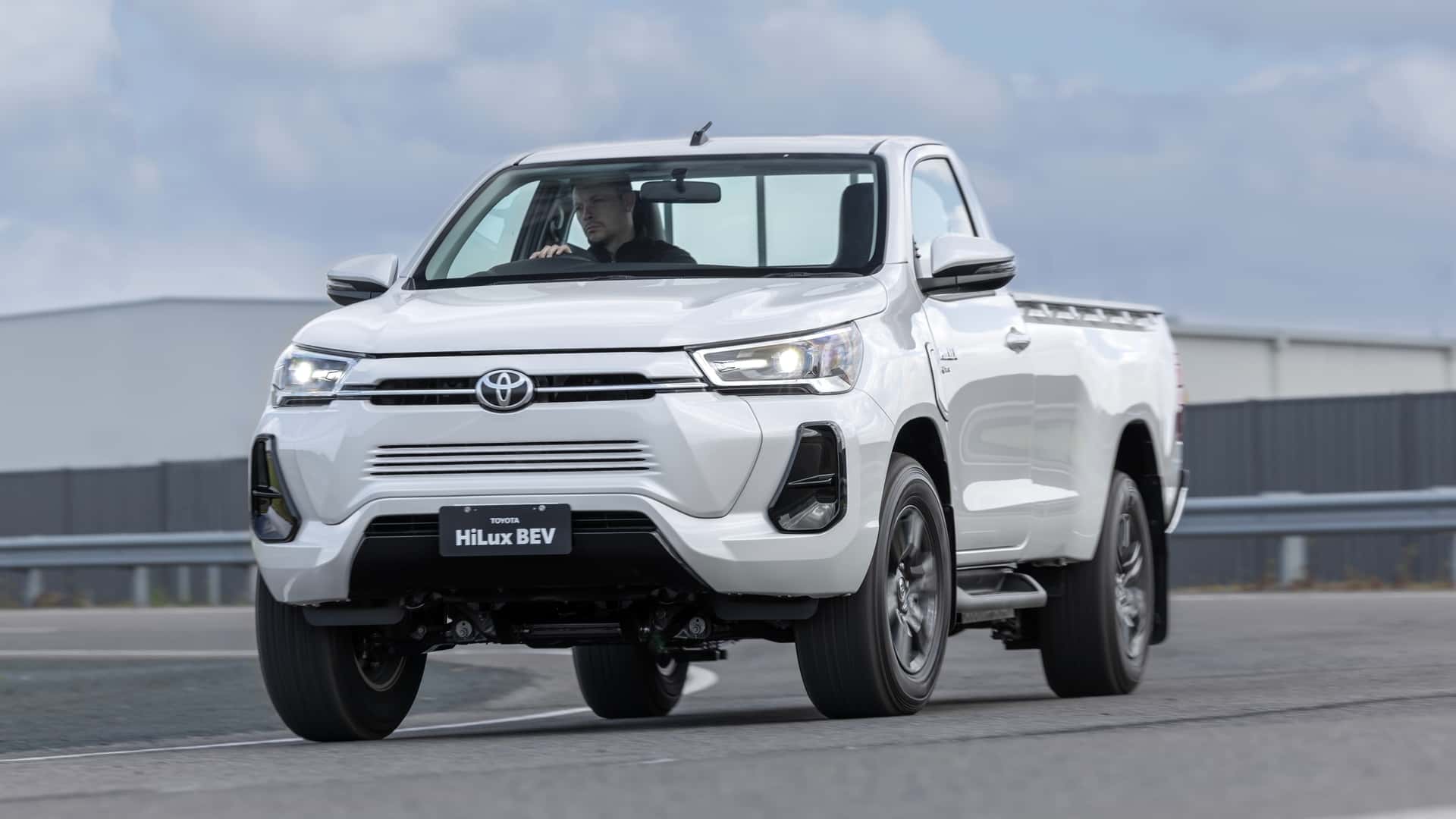
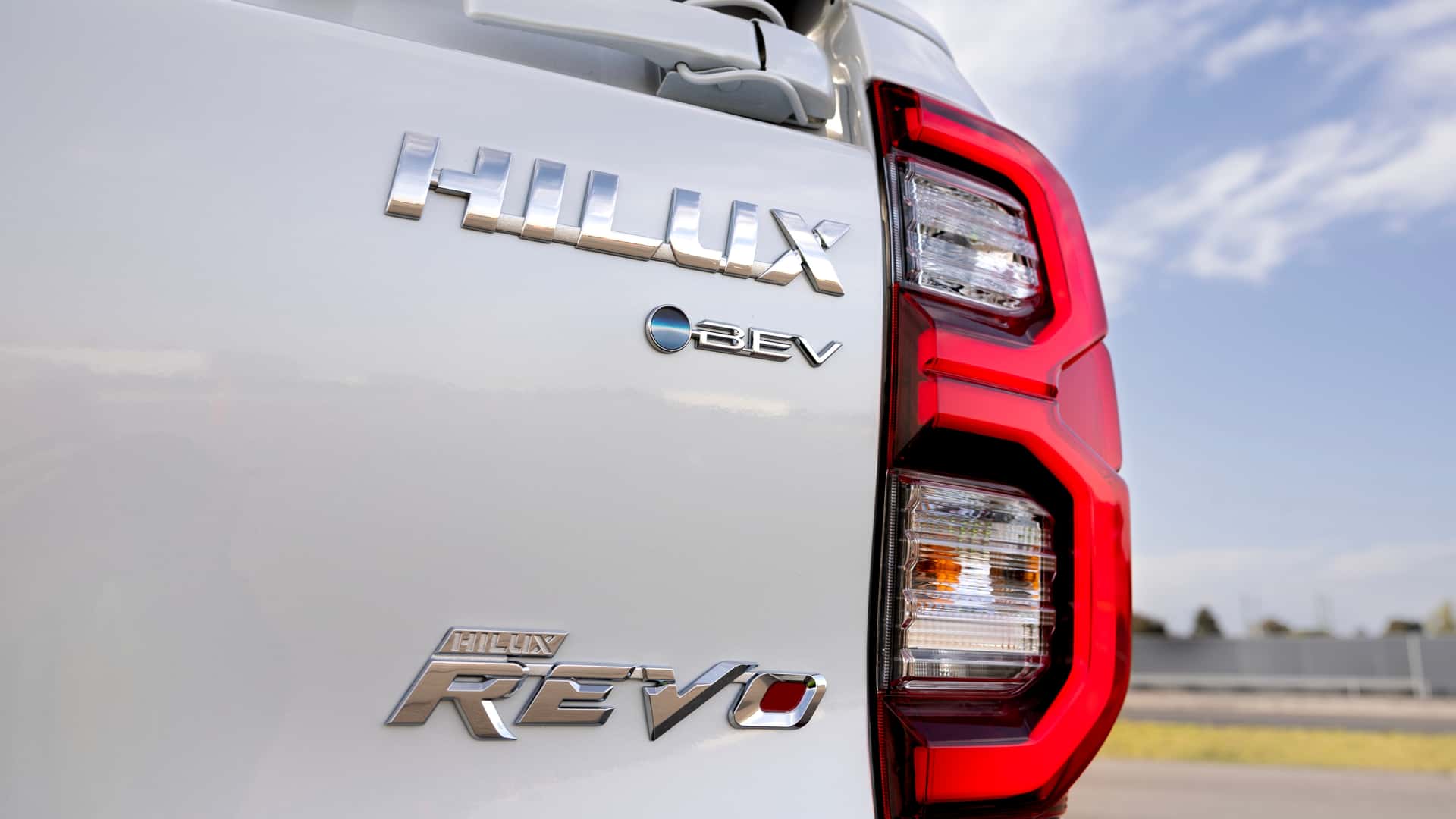
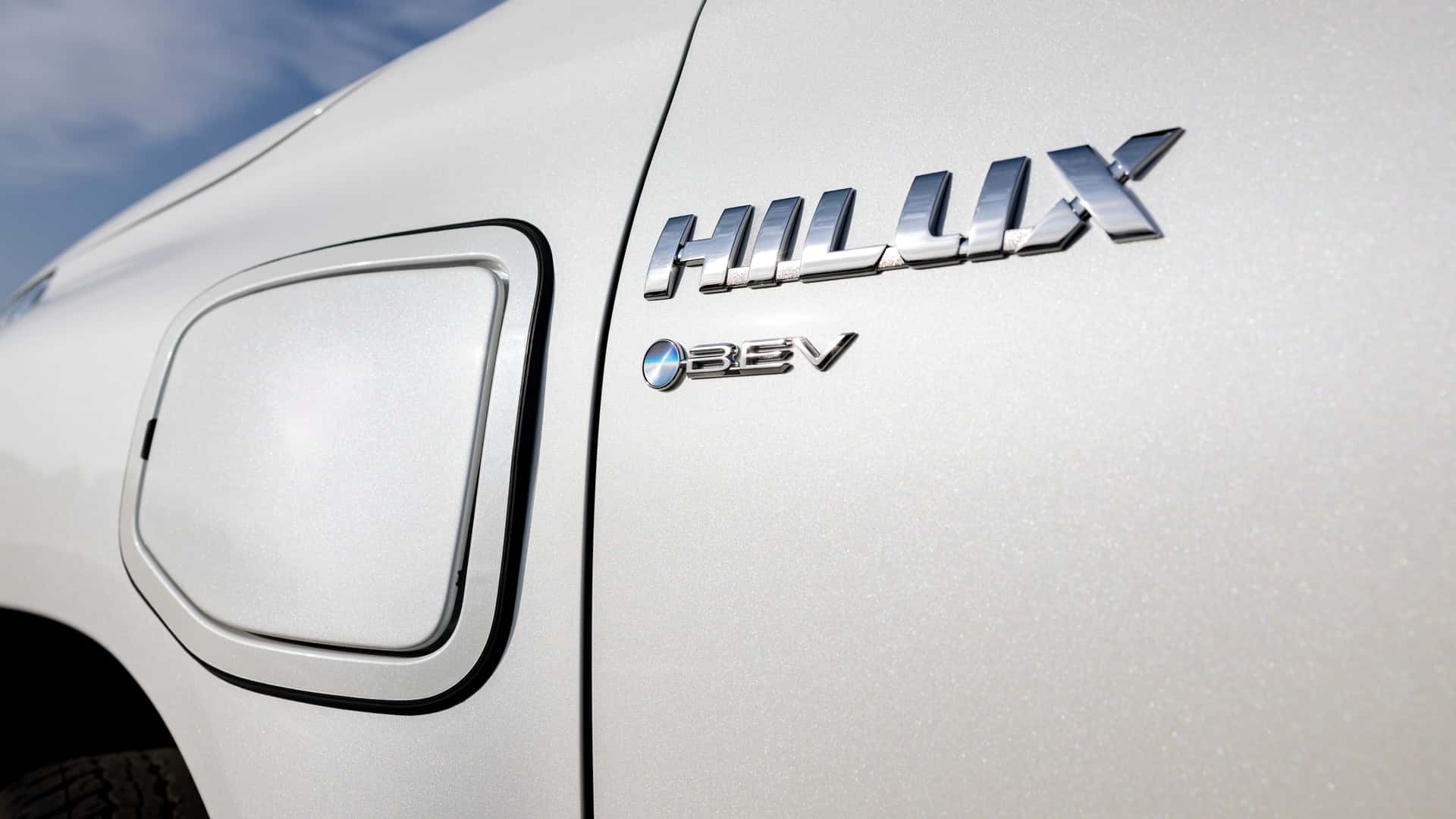
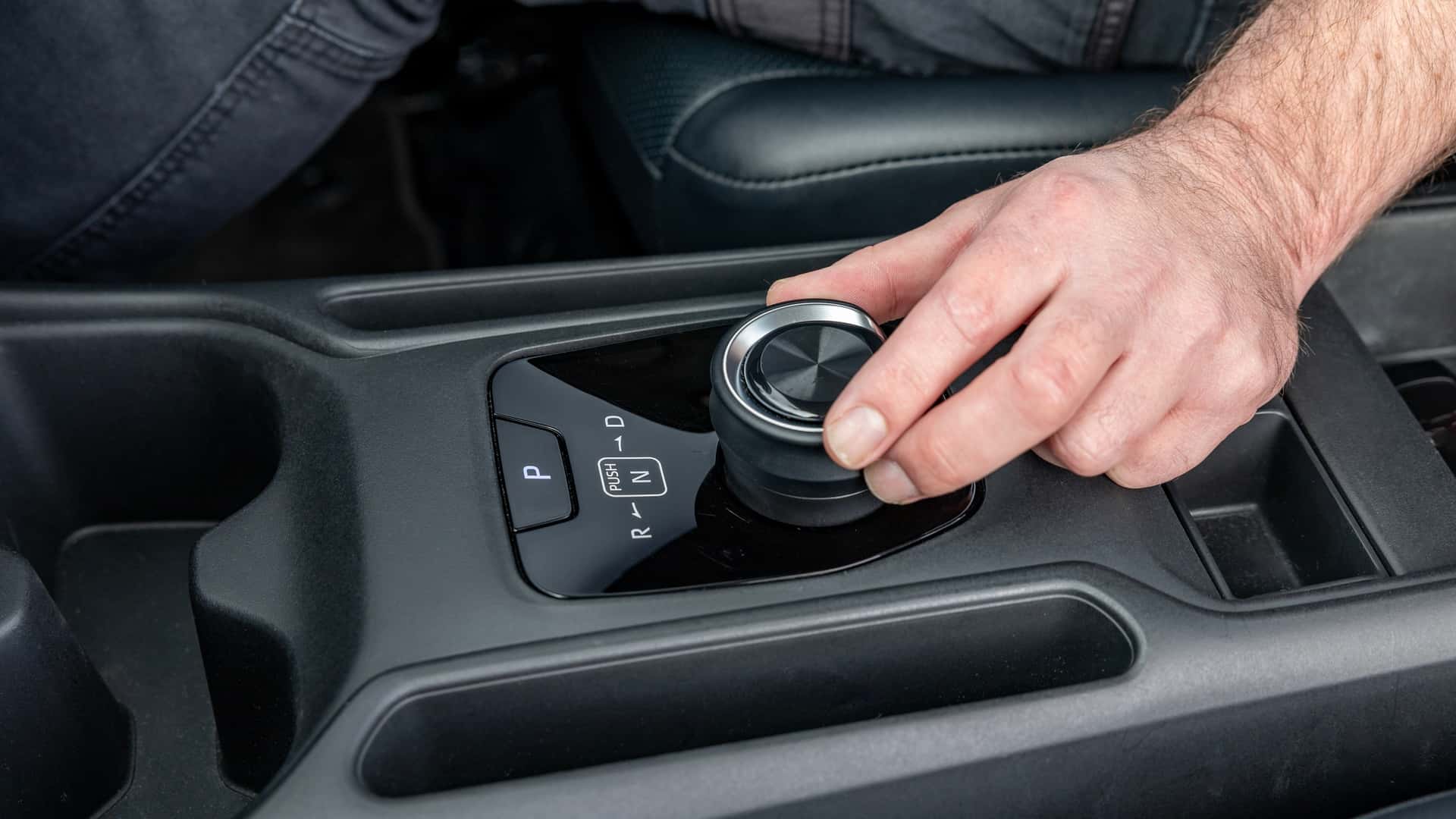
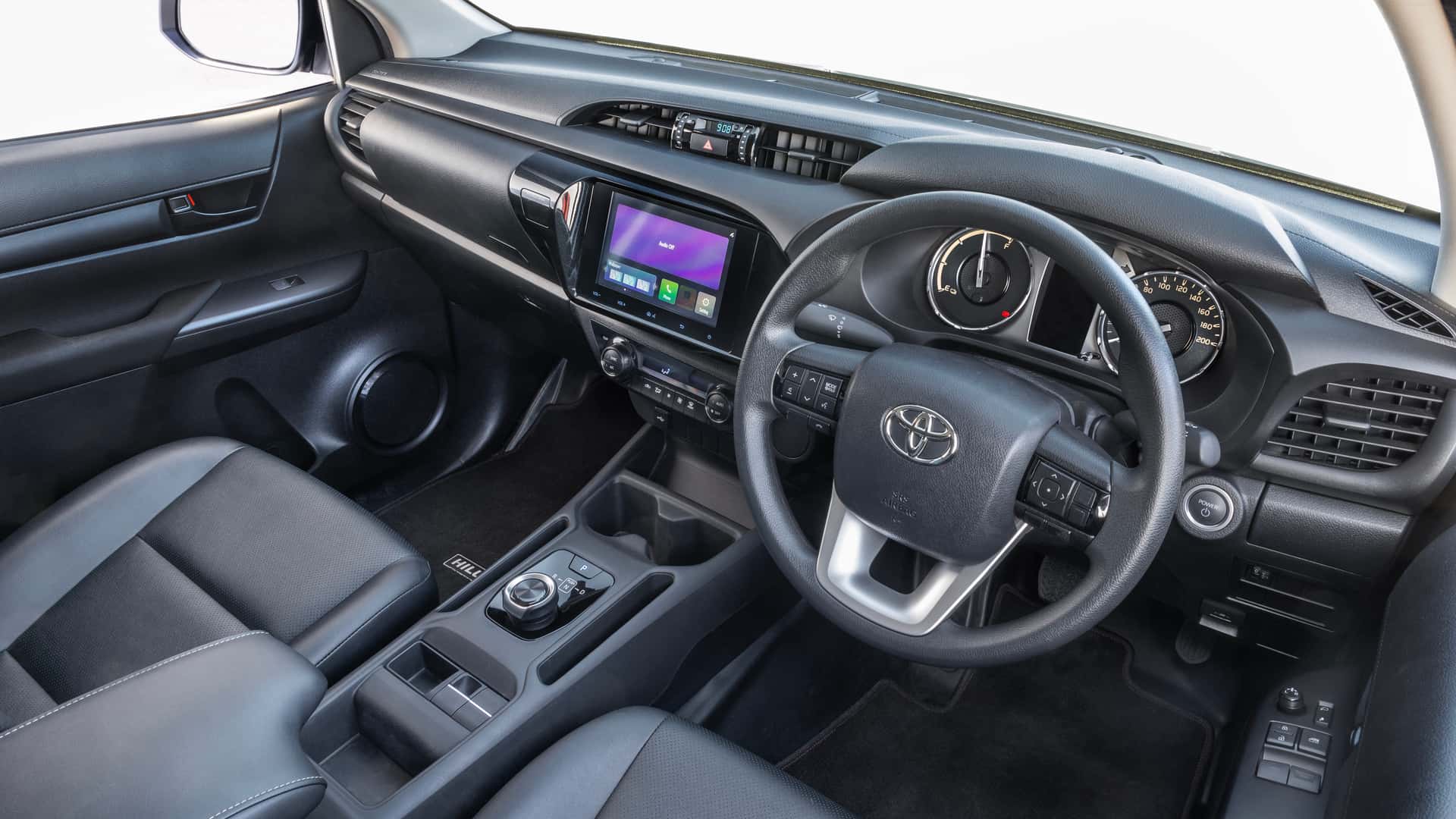
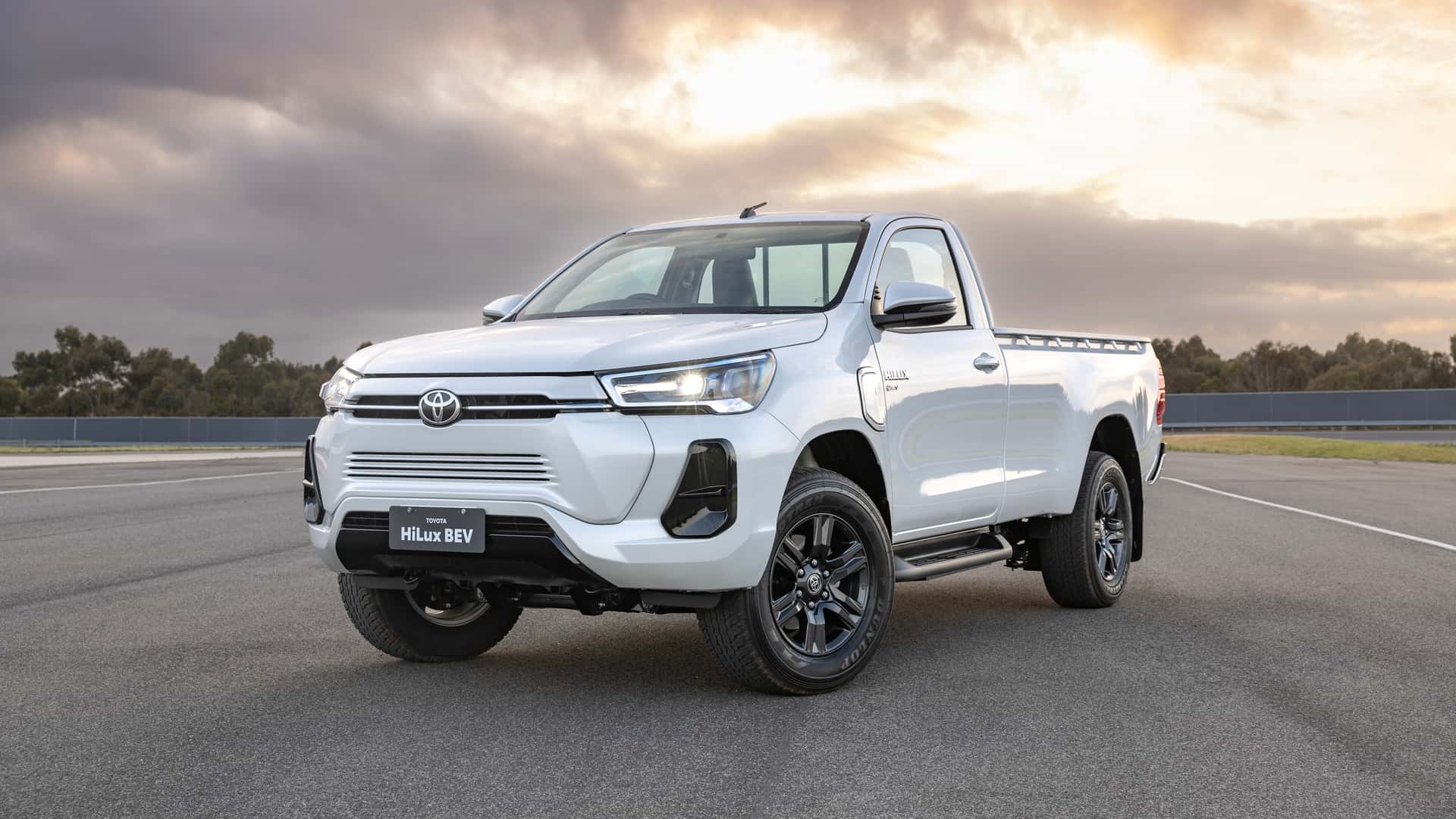
While Ganesh did not say which EV pickup would go on trial in Thailand, I can think of at least two possibilities. One is the Hilux Revo BEV Concept unveiled in Thailand late last year; Toyota didn’t announce when commercial sales of said model would begin. The second choice could be the IMV 0 concept, which debuted at the same event and was also on display at the Japan Mobility Show last month. The IMV 0 was described as a brand-new IMV modular light commercial pickup for Thailand that will be “truly affordable and truly innovative.” Toyota said the production version was “over a year away.” The IMV 0 seems to be powered with internal combustion, but perhaps it could be adapted with batteries as well.
Selling an electric Hilux and/or IMV in Thailand would help Toyota counter Chinese competition in the Southeast Asian market. Toyota launched the bZ4X last year in Thailand, but the electric SUV has been so far outperformed on the market by rivals from BYD and Great Wall Motor.
Last month, Toyota flew a Hilux Revo to Australia for some additional testing and to get some input from large-volume Hilux customers in the country. This indicates that Toyota is also considering Australia as a potential market for the electric Hilux.
What about the U.S.? The Hilux Revo probably has zero chance of making it stateside since the ICE-powered Hilux on which it’s based is not sold in North America. But Toyota recently showed the production-ready EPU Concept at Japan Mobility Show, and a production model based on that study might make a great rival for the Ford Maverick. Given the massively positive response to the EPU, Toyota would do well to listen to its customers and make that a reality.
Toyota, a leading automobile manufacturer, is set to trial electric pickups as taxis in Thailand in the near future, as reported by various sources. This innovative move comes at a time when the automotive industry is increasingly looking towards electric vehicles as a sustainable alternative to traditional gas-powered vehicles.
The decision to test electric pickups as taxis in Thailand highlights Toyota’s commitment to exploring new ways to reduce emissions and promote environmentally friendly transportation options. This initiative is part of a larger effort by the company to expand its electric vehicle offerings and support the global shift towards sustainable mobility.
Electric vehicles have gained popularity in recent years due to their lower carbon footprint and potential cost savings on fuel. By introducing electric pickups as taxis in Thailand, Toyota is not only showcasing the capabilities of electric vehicles but also providing a practical and convenient transportation option for consumers.
The choice of Thailand as a testing ground for electric pickups is significant, as the country faces challenges related to air pollution and traffic congestion in urban areas. By introducing electric taxis, Toyota aims to address these issues and contribute to a cleaner and more efficient transportation system in the region.
The success of this trial run could pave the way for the wider adoption of electric pickups as taxis in Thailand and other countries. It could also encourage other automotive manufacturers to explore similar initiatives and accelerate the transition towards electric vehicles on a global scale.
Overall, Toyota’s decision to trial electric pickups as taxis in Thailand is a testament to the company’s commitment to sustainable transportation and innovation. With this bold step, Toyota is leading the way towards a greener and more sustainable future for the automotive industry.

